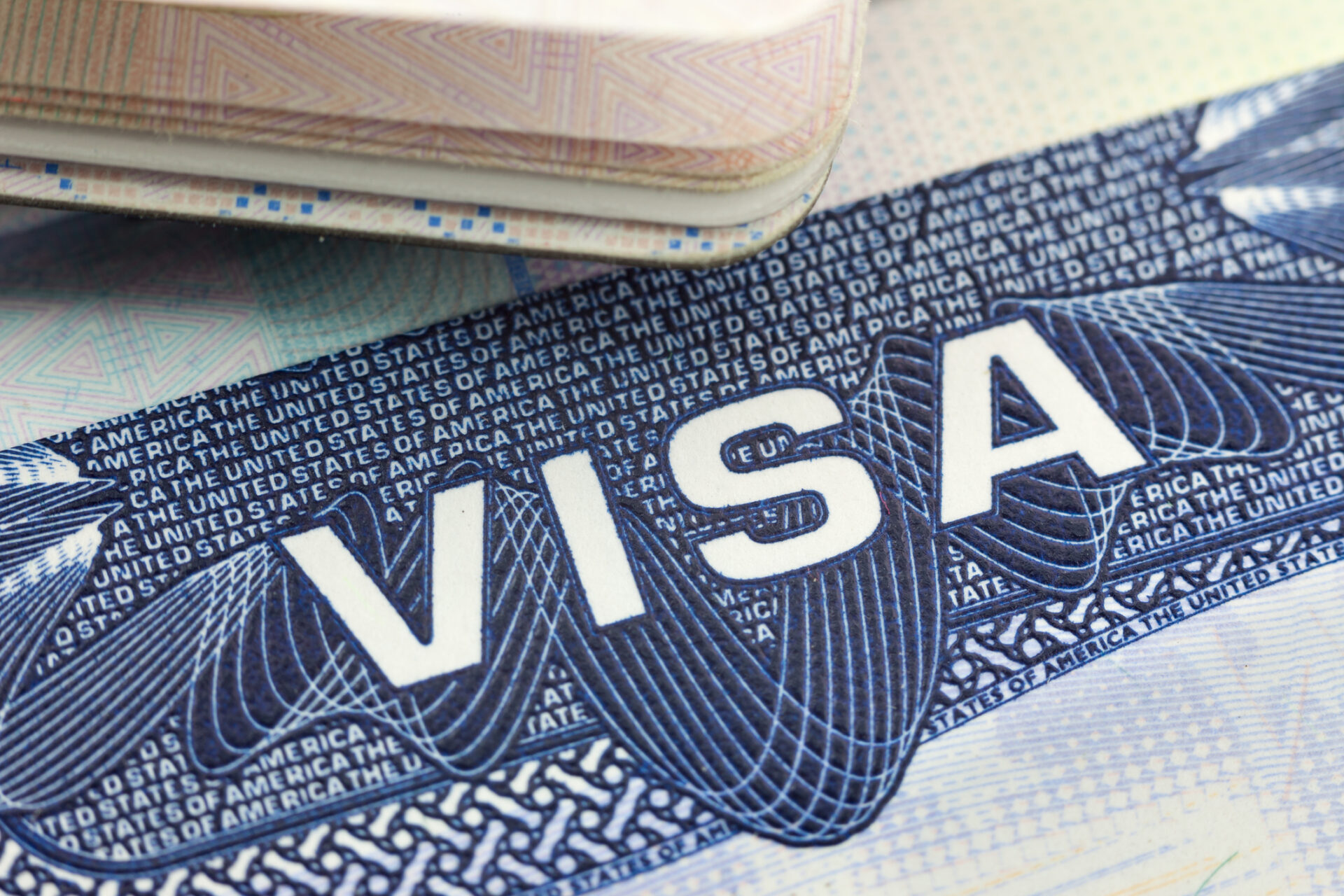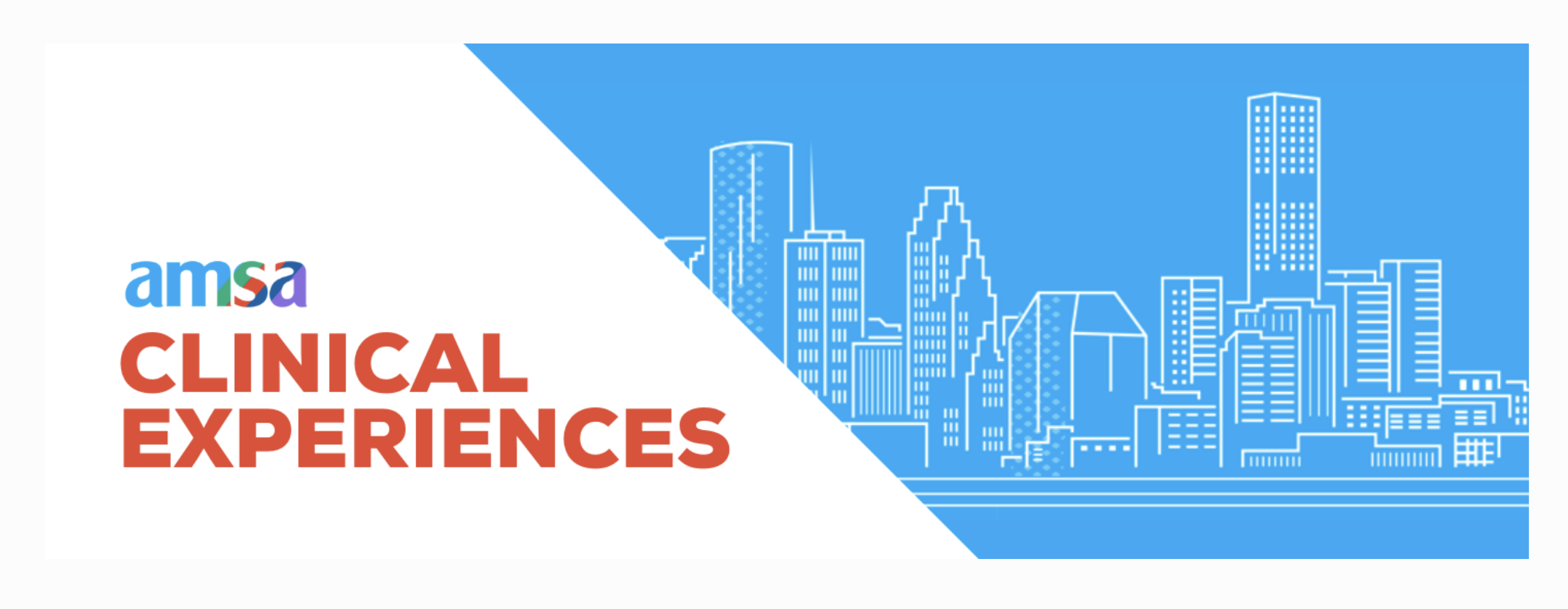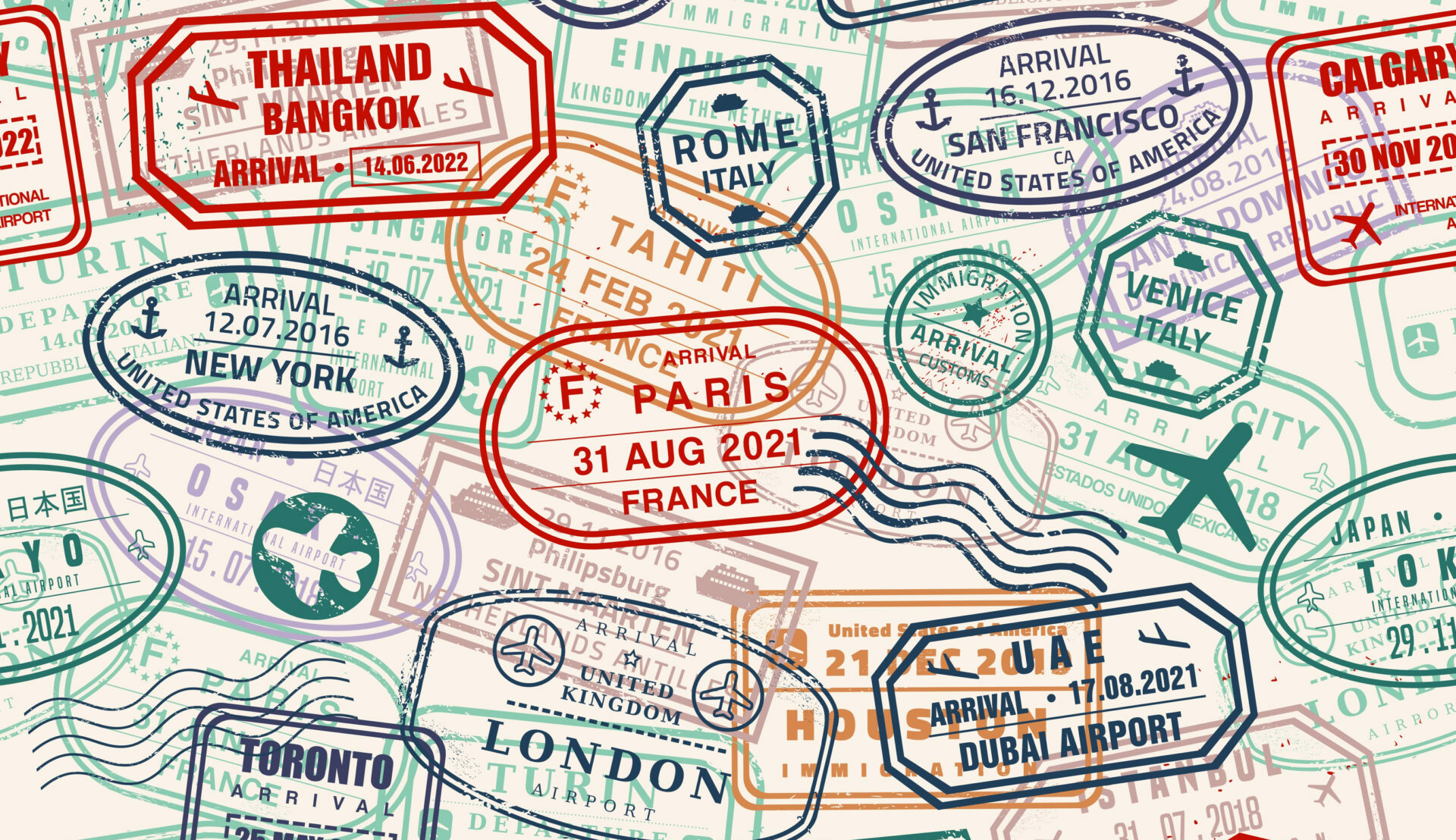Beginning a U.S. medical career presents international medical graduates (IMGs) with their own challenges, including learning a new language, and becoming accustomed to a new culture, customs and healthcare landscape. Through the process of acculturation, IMGs adopt the practices and values of American culture while still retaining the culture and customs of their native country. It involves cultural contact and exchange, a two-sided process that, in the United States, often occurs between minority and majority cultures. Unlike assimilation, where a new culture virtually replaces an old culture, acculturation is fundamentally a process of exchange and often presents positive benefits to both sides.
In a recent lecture to new IMG residents, Dr. Vikram Patel, a Chicago-based anesthesiologist originally from India, shared his tips on preparing for and adapting to acculturation
1. Work Hard
“No one wants to go to a country where you won’t succeed,” says Dr. Patel. “People want to come here because they have a good chance of succeeding, but you have to work hard.”
The path to becoming a physician is not easy. While U.S. born graduates face their own challenges, coming to the United States as an IMG means having to adapt to not only a completely new healthcare system but also a new cultural landscape on top of trying to launch a medical career. In this sense, IMGs are often one step behind U.S. graduates. According to Dr. Patel, working hard is an IMG’s ticket to success in the United States.
“You have to prove yourself,” Dr. Patel says. “You’re already in a hole compared to US graduates. You have to dig yourself out to even be at their level. Even after that, they’ll still be higher than you. You have to make yourself 10 times better to achieve anything.”
IMGs must work hard to prove your confidence and knowledge. Don’t relax, don’t be arrogant, don’t be a show off and don’t break the rules, advises Dr. Patel, who believes enjoyment comes later in life.
2. Prepare for Culture Shock
Being a physician in the United States is a completely unique experience, one that differs from being a physician anywhere else in the world. Dr. Patel advises IMGs to prepare for the inevitable culture shock both in healthcare and in everyday life.
Before coming to the United States, IMGs should learn how the U.S. healthcare system functions. From private practices to the complicated network of the social healthcare system, IMGs need to prepare themselves for the medical environment they will be working in. During his lecture, Dr. Patel went in-depth explaining his experiences adapting to the nuances of the U.S. healthcare system.
In addition to preparing for the transition to a new working environment, Dr. Patel also recommends using YouTube to learn about the day-to-day culture in the United States.
3. Learn to Communication Well
Communication is everything. Accents can often get in the way of clarity. Having strong English skills and always working on improving one’s speech is crucial to developing communication in the U.S. healthcare system.
“Just keep talking,” Dr. Patel tells IMGs who are learning English. “Sit down in front of the TV every night. When they say something, say something back. Repeat. Originally, we human beings are all monkeys. Darwin, right? So we all know how to imitate. Learning a language is just imitation.”
4. Get Published
According to Dr. Patel, hard work gets noticed by others. Publishing is an IMGs opportunity to build a name and academic reputation. Getting published in journals and major publications allows IMGs to prove their knowledge and build a repertoire of expertise.
“Take that one hour,” he says. “Spend it for your career. Make yourself known. Do something that people will recognize. Publications are the number one thing.”
Acculturation is a gradual process, one that is not always easy. Hard work lies at the crux of success in the transition from a foreign medical practice to the U.S. healthcare system. According to Dr. Patel, only through hard work can an IMG bridge the gap between foreign and native physicians in the U.S. Preparing for culture shock also contributes to a successful transition. By learning the ins and outs of the U.S. medical system to familiarizing oneself with language and culture, IMGs can best prepare for their transition. Adapting to U.S. culture goes hand in hand with developing strong English communication skills. Constant practice with the language is key. Though acculturation provides IMGs with its own set of challenges, it also gives foreign graduates the opportunity to build their new life and career in the United States in a manner informed by cultural norms.
Interested in testing these techniques in acculturate? Try them out during a rotation with AMO. Apply today!







Leave A Comment